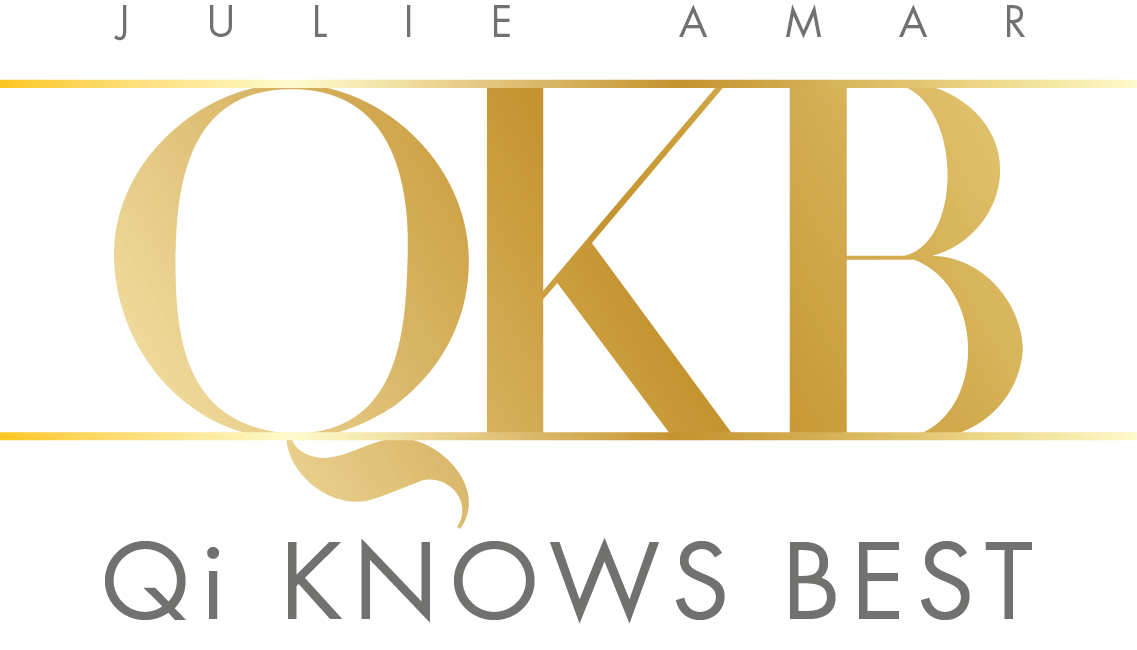What is TCM?
TCM stands for Traditional Chinese Medicine. TCM relies on the characteristics of the five elements: wood, fire, earth, metal and water. In TCM, we use these elements, along with the concept of yin and yang and the body’s energetic channels, or Qi pathways, to help better understand what each person’s body needs in terms of treatment for optimal health.
Chinese medicine is based on observing patterns of disharmony that lead to illness and injury. The aim is to restore the body to its original balance, thus preventing poor health. It helps the body’s integrated systems to coordinate their functions and operate at maximum efficiency. To do this, TCM takes into consideration environmental influences such as diet, stressful situations and climate.
In TCM, we treat each patient with an individualized, constitution-based approach. No two fingerprints are the same. In a similar way, we see each body as a unique map, and we view the entire body as a whole. The practitioner understands what each person’s body is telling them by using analytical diagnostic methods. A TCM practitioner will ask questions, make observations and inspect the patient, as well as taking their pulse and looking at the quality of the tongue’s coating and the body’s colour. All of these things provide a wealth of information about your health!
Chinese medicine helps to detect the smallest imbalances, which makes it an effective method of prevention because it provides treatment before disease happens. We have a fundamental need for maintenance and prevention to enhance longevity and wellness! Our bodies’ state of natural healing is waiting to be accessed—and Chinese medicine can help you learn more about getting there! All you need to do is open our mind to an alternative way of being and keeping well. Let your Qi work for you!
What’s the difference between Western medicine and TCM?
Western medicine is static and one-dimensional in its approach to illness, focusing on the main areas of anatomy and physiology. It relies on blood work, scans and reports to tell doctors what area of the body is not working on a normal scale, according to the norm established through medical research. Often times, when certain symptoms arise, such as pain, doctors will use all of their tools to detect and work through their specific diagnostic protocols. Everything is compartmentalized.
But patients frequently experience a great deal of stress and worry over this process, which in turn worsens their overall state. Western medicine does not aim to align with the patient’s mental and emotional state. And, once all the tests are done, if they come back inconclusive, the patient may feel dismissed because their very real symptoms cannot be quantified with Western diagnosis.
In contrast, in Chinese medicine, when we see a patient, we look at and assess every aspect of health: emotional (mind), physical (body) and spiritual, including environmental components as well. We view the body as a whole, we disregard nothing; it’s all related. This is a three-dimensional approach. TCM diagnostics look beyond the anatomy that helps to explain the reason for the particulars of a patient’s pain or other symptoms. We treat symptoms from the root, rather than trying to stamp out the symptom itself. Once we diagnose and treat the immediate issues, we refocus on maintenance and prevention.
In TCM, treatment can include a range of methods to rebalance your Qi. Here are a few of them!
· acupuncture
· herbal medicine, such as teas and tinctures
· diet and nutrition advice based on the Five Element Theory
· stress management and emotional balance
· lifestyle recommendations for optimal daily routines
· fire cupping (creating suction on the skin to help relieve pain and inflammation, improve blood flow and induce relaxation)
· moxibustion (burning an herb above the skin to warm and stimulate an acupuncture point)
· tuina (therapeutic massage)
· meditation
· essential oils
All treatments are specifically chosen for your body’s needs, which encourages the natural relaxation component that’s key to healing. No toxins, no side effects—just your own body healing with some energetic guidance. Think of TCM as a conduit for redirecting Qi flow!
Chinese medicine is a diagnostic and treatment system that has been built and refined over several millennia. Practitioners observe patterns to discern the clues to what is happening in your body and use their skill to interpret the patterns and apply the correct treatment.
In Chinese medicine, we believe that all patients should be learning about the root causes of their discomfort and making proactive, preventative health decisions before major illness strikes. You could sum it up by saying that TCM treatment is like getting a tune-up to stay in balance, while shifting your everyday habits to practice wellness and prevention.
xo
